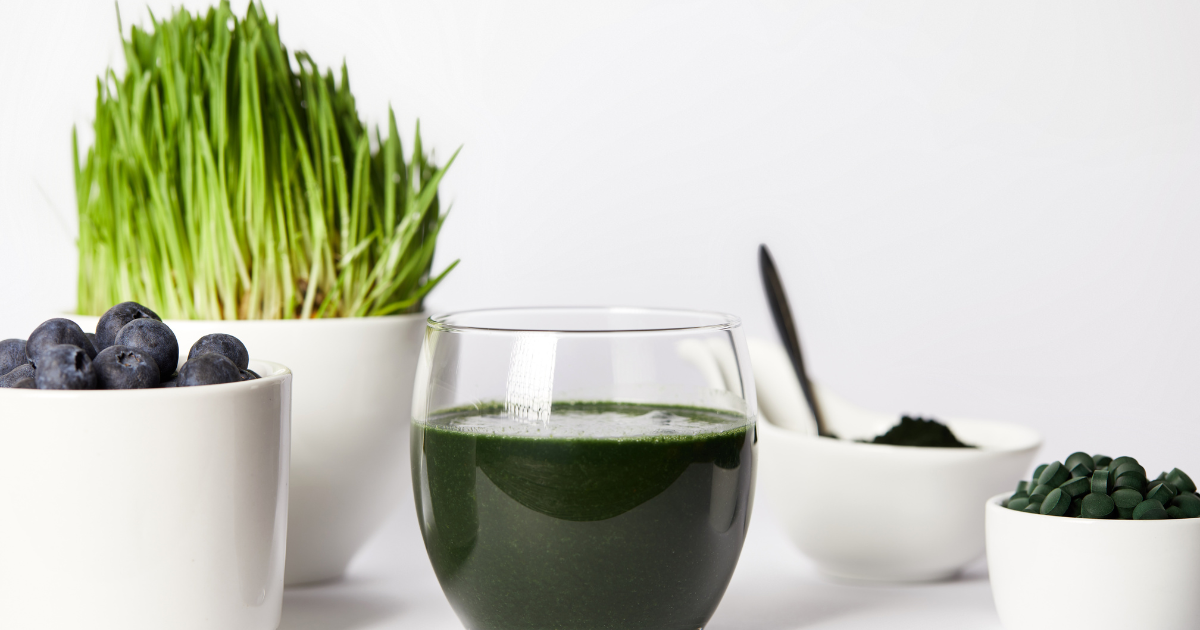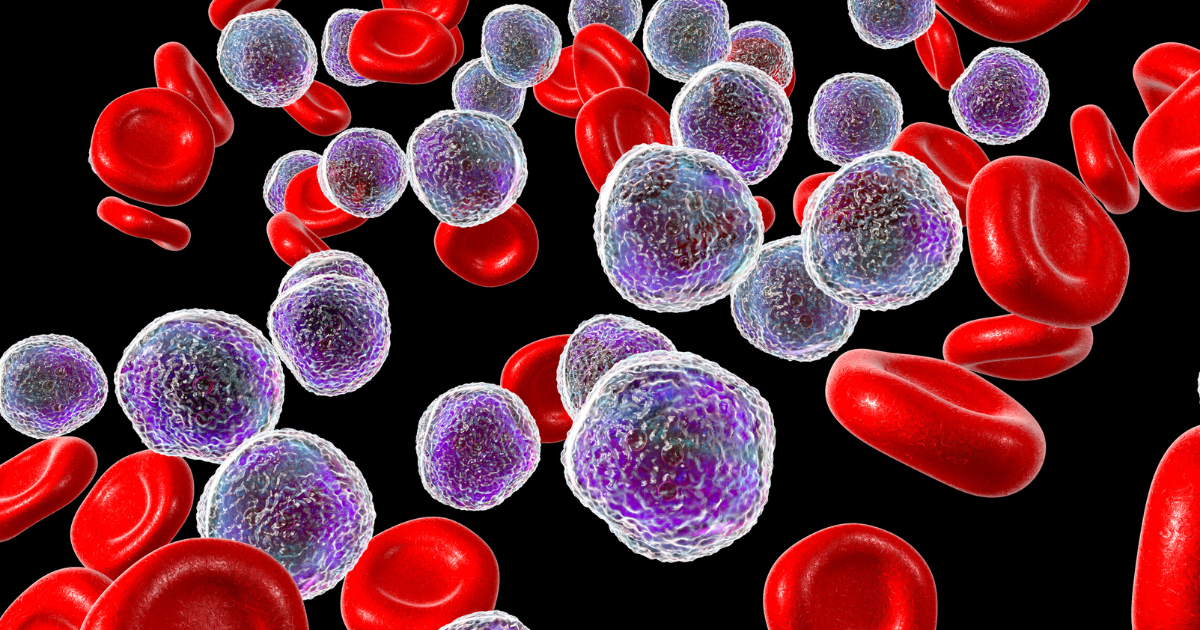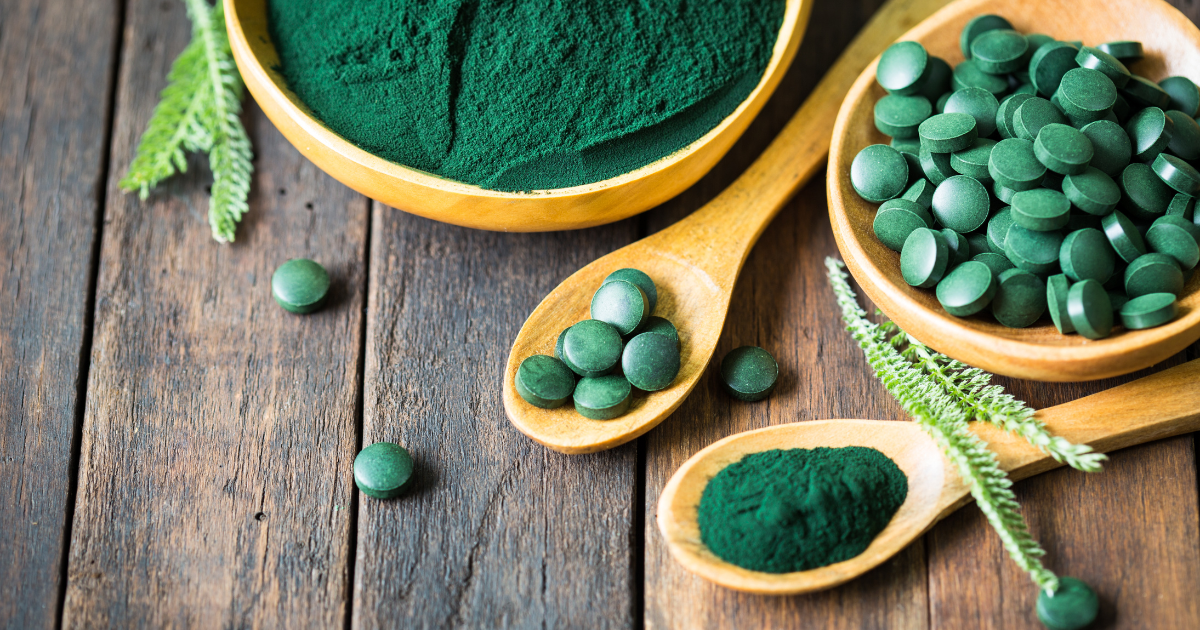Spirulina Algae: A Nutrient-Rich Superfood with Incredible Health Benefits
Spirulina algae, often referred to as the "ancient superfood," is a remarkable microorganism that has gained significant attention in recent years due to its exceptional nutritional value and numerous health benefits. While it may not be as well-known as some other superfoods, spirulina deserves a special place in your diet for its potential to enhance your overall health and well-being. In this comprehensive article, we will delve into the various aspects of spirulina, exploring its origins, health benefits, and precautions for consumption.
The Origins of Spirulina Algae

Spirulina is a species of cyanobacteria, commonly known as blue-green algae. Despite its classification as a microorganism, spirulina possesses a unique ability to harness sunlight efficiently, making it a potent source of essential nutrients. It has a long history of use, with its origins dating back to ancient civilizations. Spirulina was considered a valuable source of nutrition and sustenance for many ancient cultures, including the Aztecs and the people of Chad, who harvested it from natural alkaline lakes.
Why is Spirulina 25x Healthier Than Spinach?
The claim that spirulina is 25 times healthier than spinach is not just a catchy phrase; it is backed by scientific evidence. Spirulina is a nutritional powerhouse, packed with a wide array of essential nutrients, including antioxidants, protein, vitamins, and minerals, all of which contribute to its remarkable health benefits. Let's explore some of the key reasons why spirulina outshines spinach:
1. Heart Health

Spirulina has been shown to reduce cholesterol absorption in the body, leading to lower cholesterol levels and improved heart health. Its potent antioxidant properties further protect the cardiovascular system, making it a superior choice to spinach in this regard.
2. Blood Pressure Regulation

While spinach is known for its ability to help regulate blood pressure, spirulina goes a step further. Its nitric oxide content helps relax and dilate blood vessels, making it highly effective in reducing high blood pressure.
3. Immune System Boost
Spirulina's rich nutritional profile, including vitamins, protein, iron, and antioxidants, makes it an exceptional immune system booster. It enhances the production of white blood cells, strengthening the body's defense against infections.
4. Anemia Relief

Spirulina's high protein content and ability to increase hemoglobin levels in red blood cells make it a valuable resource for alleviating anemia symptoms. It provides a natural solution to combat weakness and fatigue.
5. Allergy Relief
The anti-inflammatory effects of spirulina make it effective in reducing symptoms of allergic rhinitis, providing relief from nasal discharge, sneezing, and itching caused by allergies to environmental factors.
6. Blood Sugar Control

Research suggests that spirulina may aid in controlling blood sugar levels, reducing the risk of diabetes and helping individuals with type 2 diabetes manage their condition effectively.
7. Weight Loss

Spirulina is known to boost metabolism, leading to increased calorie burning. This, coupled with its high nutritional value, promotes lasting weight loss and overall vitality.
Other Health Benefits of Spirulina

The health benefits of spirulina extend far beyond the points mentioned above. Its nutrient-rich composition provides a wide range of advantages for overall health and well-being. Some additional benefits include:
- Improved Eyesight: Spirulina can enhance eyesight and reduce the risk of age-related eye diseases.
- Infection Prevention: Spirulina helps keep various infections at bay, thanks to its immune-boosting properties.
- Liver and Kidney Health: It aids in repairing liver damage and maintaining optimal liver and kidney function.
- Increased Energy Levels: Spirulina's nutrient content ensures high energy levels and improved efficiency.
- Protection Against Oxidative Stress: Its antioxidants combat oxidative stress, protecting the body from cellular damage.
- Cholesterol Management: Spirulina safeguards "bad" LDL cholesterol from oxidation and helps lower LDL and triglyceride levels.
Incorporating Spirulina into Your Diet

To harness the full potential of spirulina, consider adding it to your daily diet. It is available in various forms, including powder, capsules, pills, and liquids. You can easily incorporate spirulina into your routine by adding it to smoothies, recipes, or simply taking it as a supplement.
Precautions and Considerations
While spirulina offers a multitude of health benefits, it's important to exercise caution and consult with a healthcare professional before adding it to your diet, especially if you have pre-existing health conditions. Some individuals may be at risk of adverse reactions, and certain aspects of spirulina's safety, such as its use during pregnancy or for those with blood clotting disorders, require further research.
Spirulina algae, the ancient superfood, is undoubtedly a nutritional powerhouse that surpasses spinach in terms of health benefits. Its diverse range of nutrients, antioxidants, and phytonutrients make it an invaluable addition to any diet. Whether you're looking to improve heart health, boost your immune system, or achieve lasting weight loss, spirulina has you covered. However, always exercise caution and seek professional guidance when incorporating spirulina into your daily regimen to ensure a safe and beneficial experience. Embrace this remarkable superfood and take a step toward better health and vitality.




Submit your email and confirm subscription to receive the download link, along with more e-books and helpful tips.
Don't worry, you can unsubscribe at any time
We Value Your Privacy And Your Information Is Never Shared
This site is not a part of the Facebook website or Facebook Inc. Additionally, this site is NOT endorsed by Facebook in any way. FACEBOOK is a trademark of FACEBOOK, Inc.
